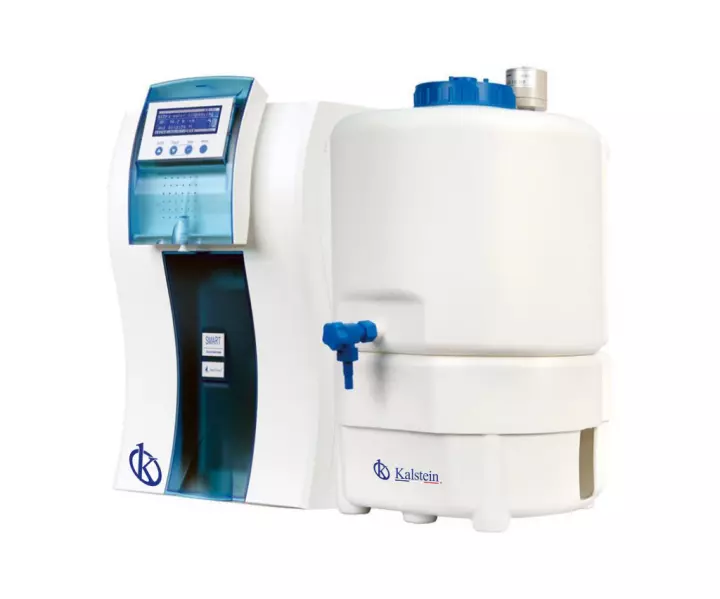Laboratories address daily challenges to achieve results and produce reliable and environmentally friendly products, so a quality water system for your laboratory is critical.
There are many types of laboratory water systems available for those seeking optimal performance and quality; first is ultra-purified water or “UPW”, which is used for recrystallization, biological sample extraction and compound dissolution.
Types of water purification seeking the best quality for it
That is why this water is very demanding from a quality point of view, so it is purified using a combination of filtration, ultrafiltration, dialysis, distillation and other processes to create a liquid of extreme purity.
After the UPW, we have the DIW (Deionized Water Diagnostic) laboratory water system, which is designed to provide water for equipment handling.
How water purification influences impurity removal
This system typically includes a single reverse osmosis system that uses a polymer membrane to remove contaminants from water, such as metals, chlorine and other hard metal ions; the result is a water of constant quality and without impurities.
On the other hand, there is the QW (deionized water by label) laboratory water system, which is designed specifically for the preparation of laboratory working liquids.
Water purity leads to simpler tests
Thus, the system typically employs various reverse osmosis systems to treat water and reduces the TOC (Total Organic Pollutants) of water; water treated with QW can be laboratory grade of high purity, i.e. ideal for use in running gentle tests.
Another option for laboratories is the laboratory water system MHP (High Degree of Purity for Medical and Veterinary Use); this system is used to treat and purify raw water so that it is suitable for medical or veterinary use.
Water purification systems generate the necessary constant purity in laboratory tests
In addition, MHP water can usually be converted to clinical grade or surgical grade of purity, which is even stricter than the grade of purity for laboratory use.
On the other hand, the GTX laboratory water system is a triple layer tank reverse osmosis system designed to provide water of constant purity for laboratory applications such as ebulliometry, without the presence of chemical elements that interfere with readings.
Specialists should study and be very clear about the type of purified water they need:
The GTX system typically contains several stages of filtration, distillation and reverse osmosis, and is controlled with a water quality monitor, which ensures constant purity of water; each system has its own specific characteristics and uses.
In summary, there are many types of laboratory water systems available to scientists who need safe water quality; therefore, it is important for users to investigate to determine which best suits their specific laboratory water needs.
Kalstein as a MANUFACTURER offers you the best water purification systems that you can get on the market
In Kalstein you can get a great variety and thus get the best quality in the pharmaceutical industry. You can visit our website HERE and enjoy great offers, also only we as MANUFACTURERS can guarantee your effective purchase.
To obtain sophisticated and top quality equipment regarding water systems, click on the following link HERE

